 TALLAHASSEE, Fla. (AP) – The Florida Senate on Wednesday unanimously passed a bill limiting Florida law enforcement's use of the remotely controlled aircraft known as drones, not that anybody's using them yet.
TALLAHASSEE, Fla. (AP) – The Florida Senate on Wednesday unanimously passed a bill limiting Florida law enforcement's use of the remotely controlled aircraft known as drones, not that anybody's using them yet.
Senate spokeswoman Katie Betta said the House will get Sen. Joe Negron's bill (SB 92) by the end of Thursday.
And Gov. Rick Scott said in a statement he would sign the bill into law.
"I believe that privacy should be protected,'' Scott said. "This law will ensure that the rights of Florida families are protected from the unwarranted use of drones.''
But even if it becomes law, the bill won't have much of an immediate effect.
"It's an emerging technology,'' said Negron, a Stuart Republican. "But there's going to be an explosion of drones.''
Drones are aircraft piloted remotely and known from their use by the U.S. against military targets and suspected terrorists overseas.
Three Florida agencies are on the Federal Aviation Administration's most recent drone license application list: Miami-Dade Police and the Orange County and Polk County Sheriff's Offices.
A legislative staff report said Polk County mothballed its drone earlier this year because of costs. A Miami-Dade police lieutenant last month said his agency hasn't used its drones, and reports show that Orange County also hasn't used them.
Calls placed to all three agencies Wednesday were not immediately returned.
In any case, these aren't your Uncle Sam's drones.
For example, Miami-Dade has two Honeywell T-Hawks, described on the manufacturer's website as each "weighing under 20 pounds and fit(ting) in a backpack.''
In contrast, the Predator drones flying over Afghanistan have a roughly 50-foot wingspan, weigh up to 2,300 pounds and can carry Hellfire missiles.
Police generally want drones for surveillance. They're small, quick, quiet and can carry microphones and regular and heat-sensitive cameras.
Negron's bill restricts using drones to the prevention of imminent danger to life, a kidnapping or a missing child, or serious damage to property. It also makes police get search warrants before using drones to collect evidence. An exception would be a "credible threat'' of terrorist attack.
The Senate bill was approved 39-0, and had passed through all its committees unanimously.
Negron said he was concerned about protecting the rights of law-abiding citizens. He mentioned that surveillance drones were already being used by animal-rights groups to monitor hunters in other countries.
"We don't want to have hundreds of drones hovering in the sky monitoring the lawful activities of Florida citizens,'' he said. "That's not something that's consistent with the American experience.''
Ron Bilbao, lobbyist for the American Civil Liberties Union of Florida, said he's comfortable with the legislation but still worries about what happens with all the information the drones will accumulate and how long it is kept.
For now, "we're happy with it,'' he said.

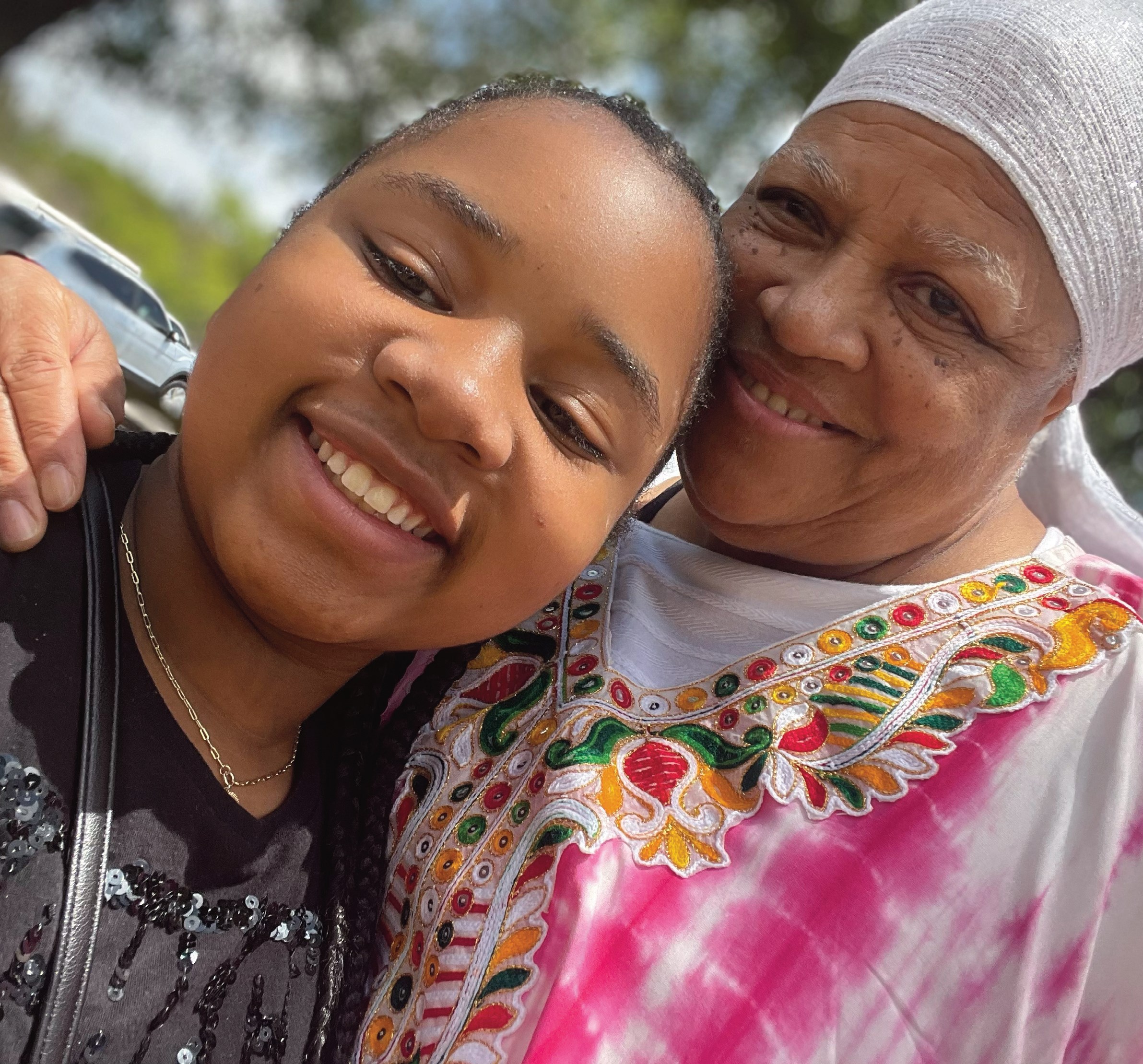
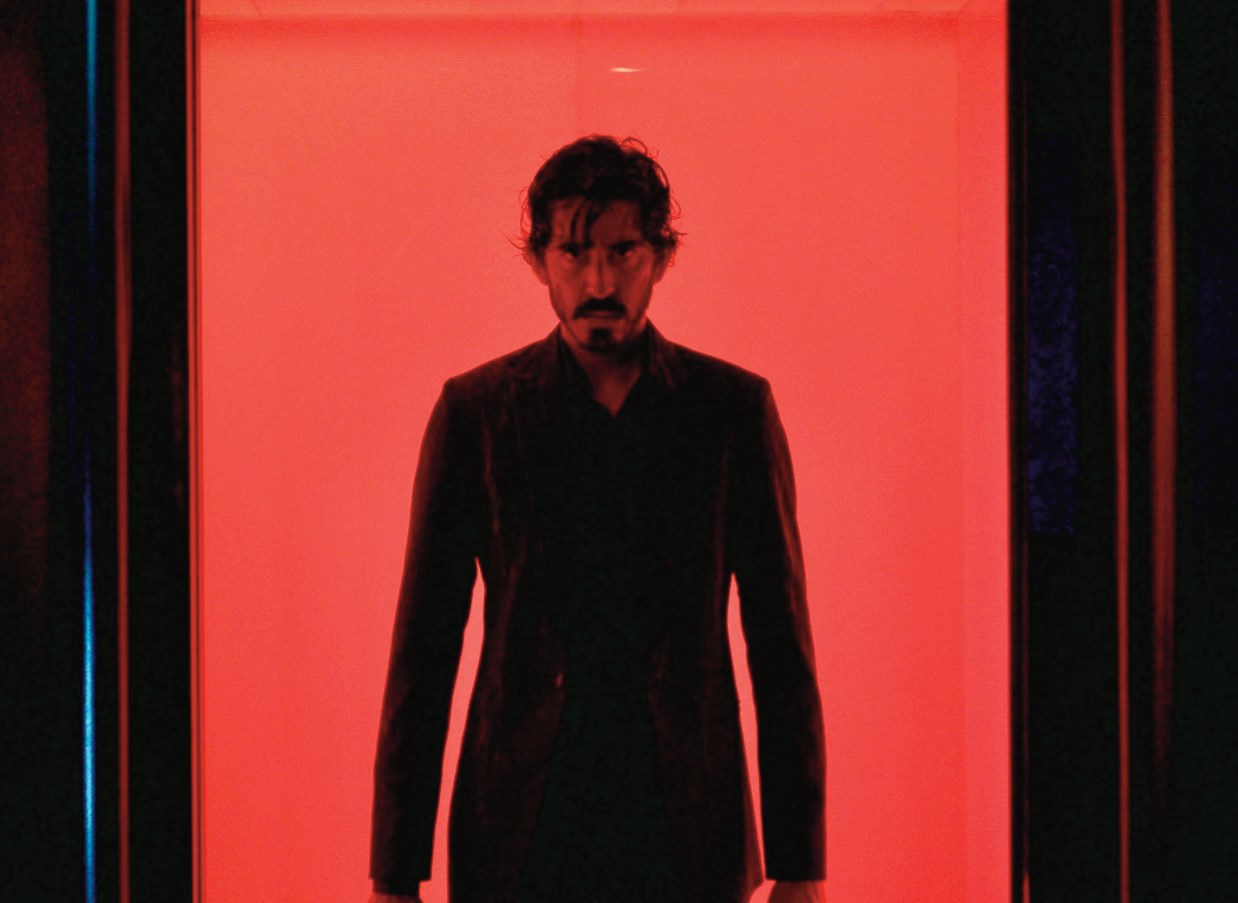
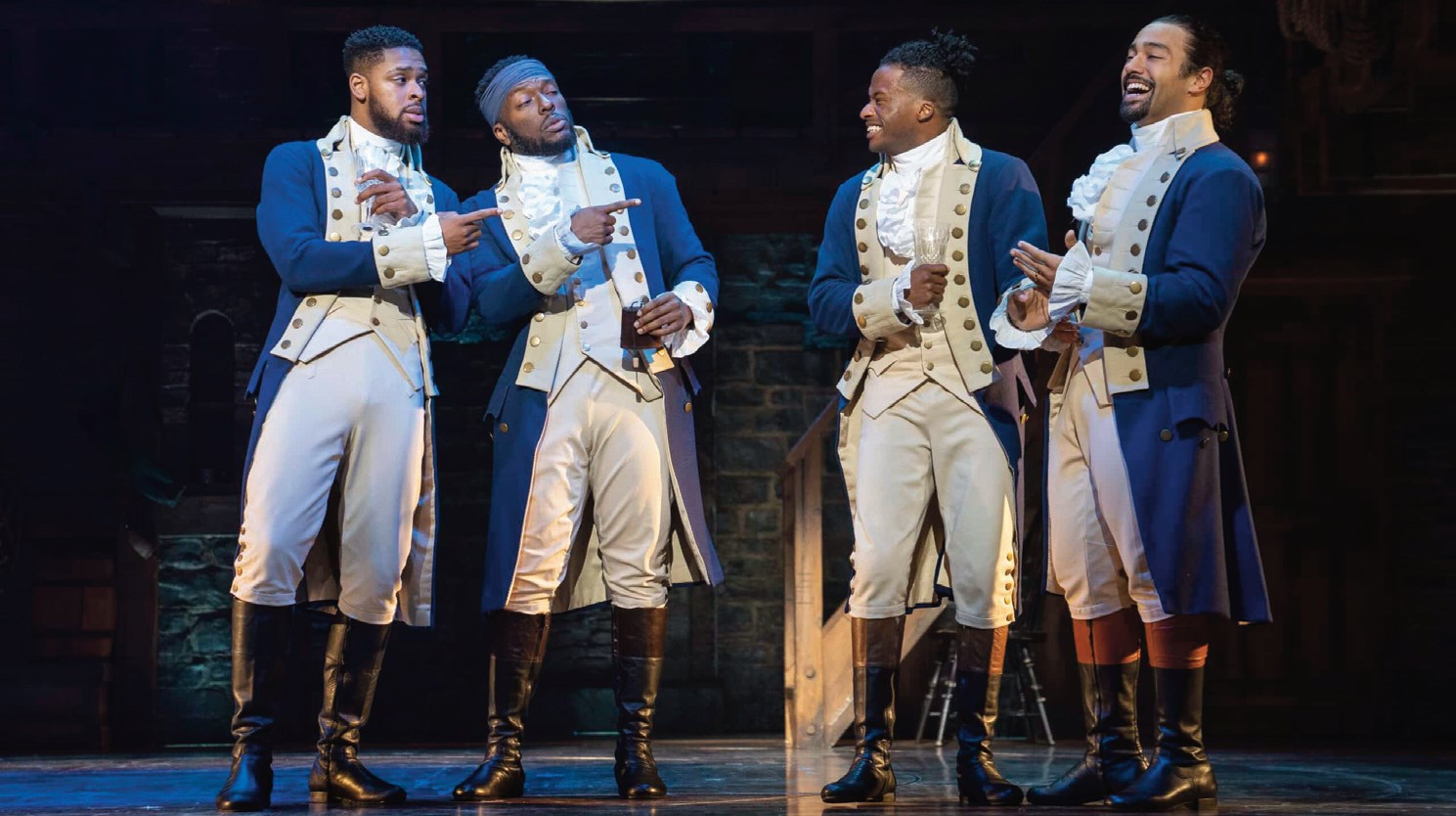
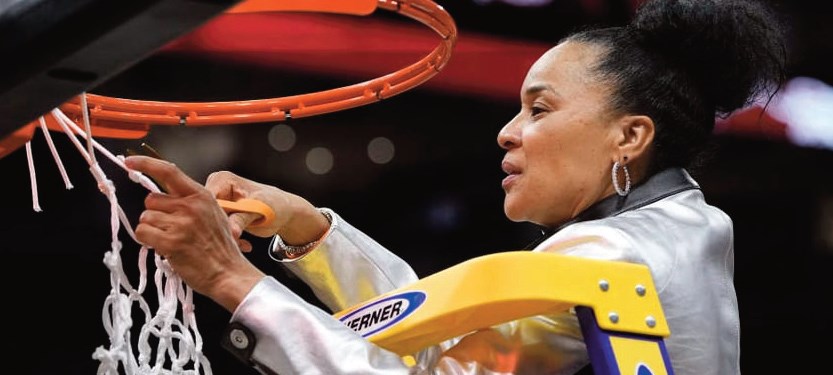


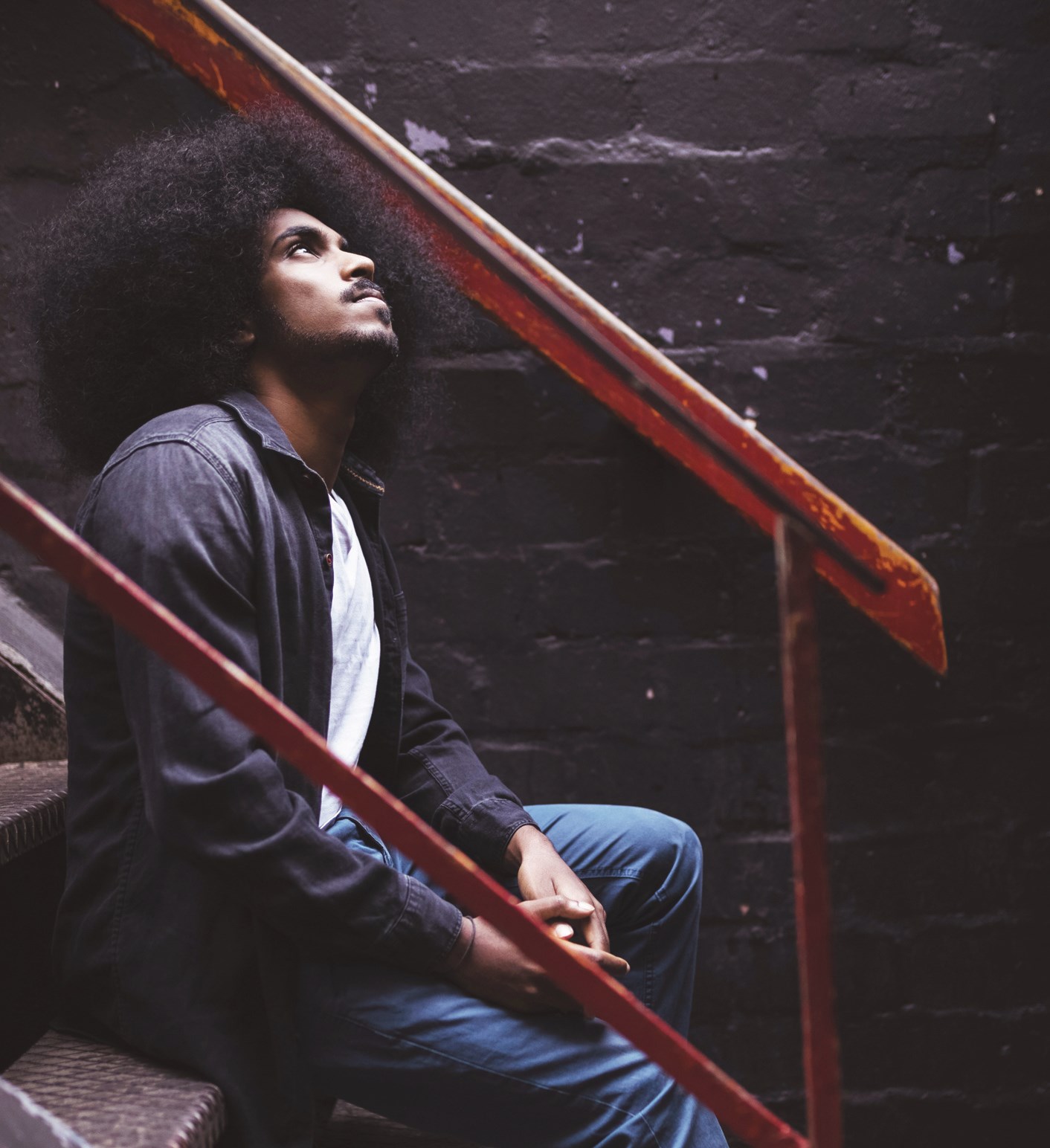
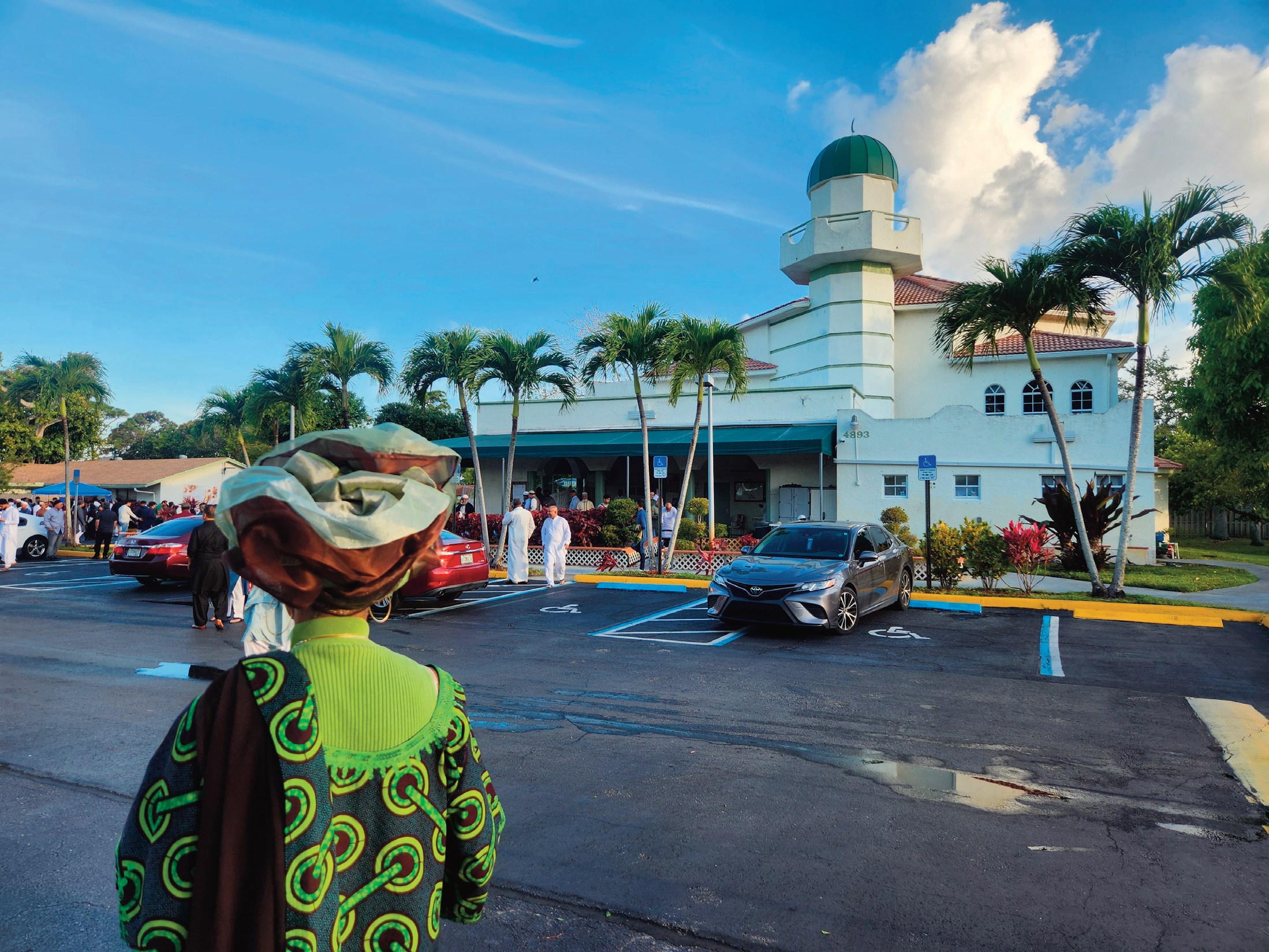



No Comment